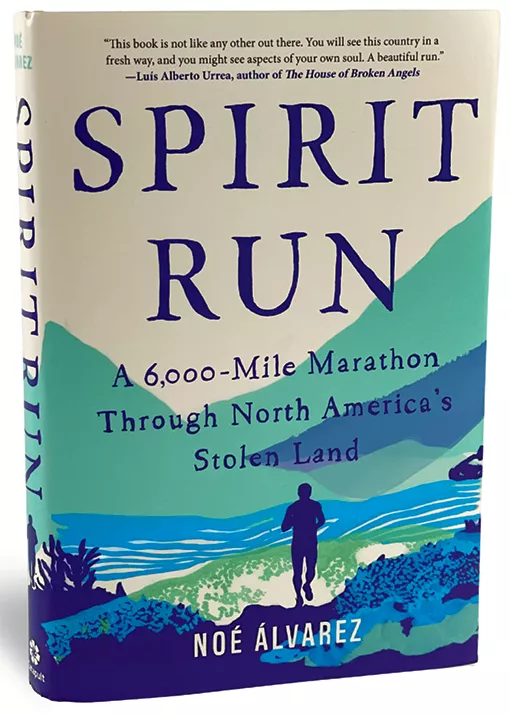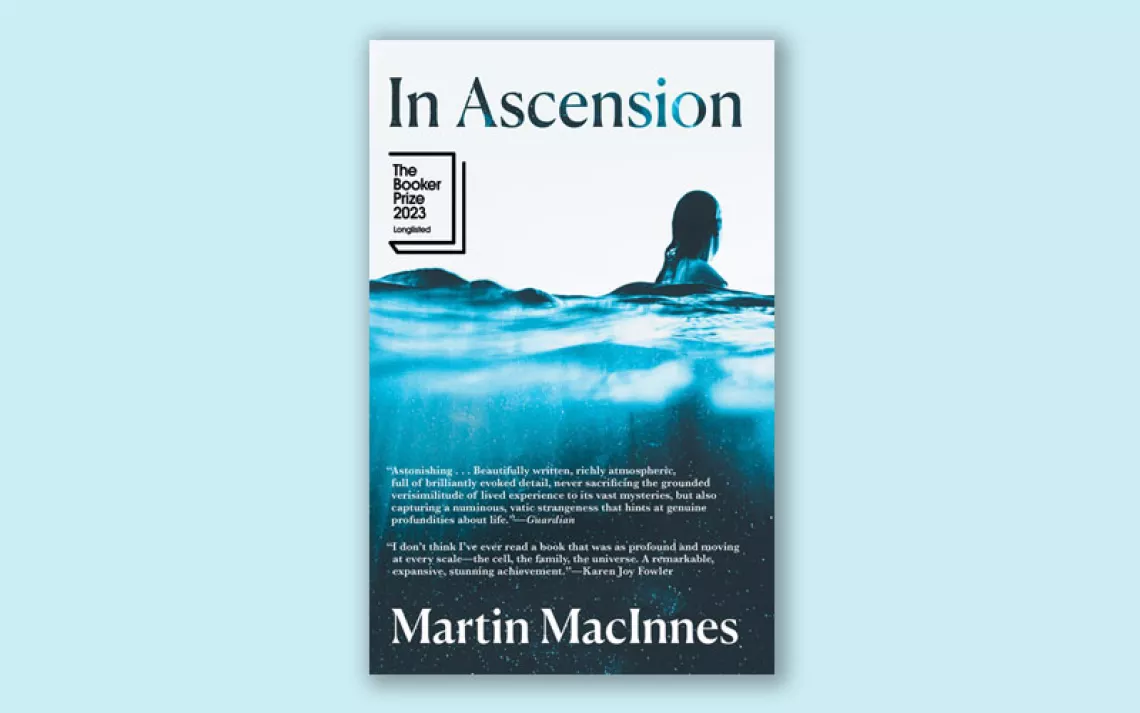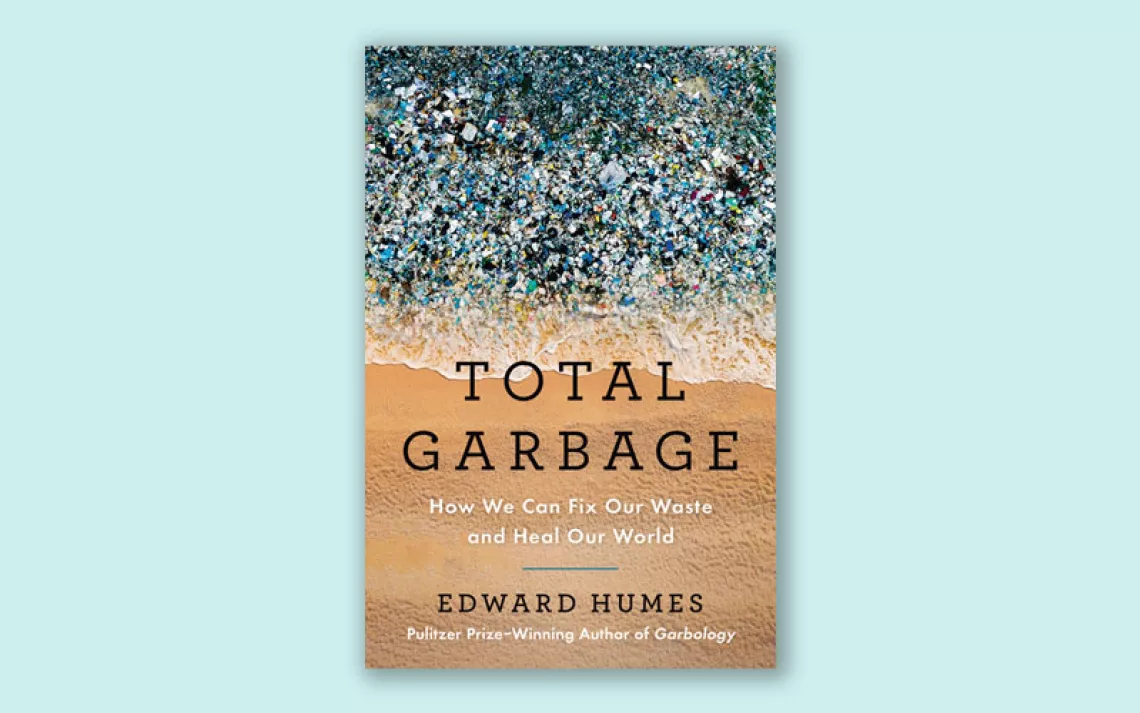A Quest for Redemption, One Spirit Run at a Time
Noé Álvarez chronicles the Peace and Dignity Journey in "Spirit Run"

Over the past 20 years, creative writers and scholars, including Christopher McDougall, Robin Harvie, and Amby Burfoot, have provided jogging enthusiasts with several fascinating books on long-distance running. These books remind us what it means to be human in a putatively digital age.
In Spirit Run: A 6,000-Mile Marathon Through North America's Stolen Land (Catapult, 2020), Noé Álvarez, the son of migrant Mexican parents, chronicles his participation in the Peace and Dignity Journey (PDJ) run from Canada to Guatemala. He joins 30 Native American and First Nations participants, all of whom are seeking to reconnect with their traditions—all through running. The run is a crucible of longing and a quest for redemption. One participant, Zyanya, mourns a relative killed in British Columbia along the Highway of Tears, where the murders of many Indigenous women have yet to be solved. Disputes break out among the group as the run drags on, forcing them to learn how to resolve conflicts with one another while struggling to log in about 10 miles per day over a span of six months. Along the way, Álvarez explores his Indigenous Mexican identity through acts of endurance, survival, and self-discovery. At one point, he falls near the Mexican border and must decide whether to surrender to an injury or continue. He continues. Álvarez remarks, "I run to follow as closely as I can the path of those who came before me, migrants who knew suffering and deprivation."
Running is an act of prayer that transcends gender, race, and nationality. "To all you new runners," Álvarez is told the day he joins the PDJ, "welcome to the longest prayer in the world."
This article appeared in the March/April 2020 edition with the headline "The Running Man."
 The Magazine of The Sierra Club
The Magazine of The Sierra Club






